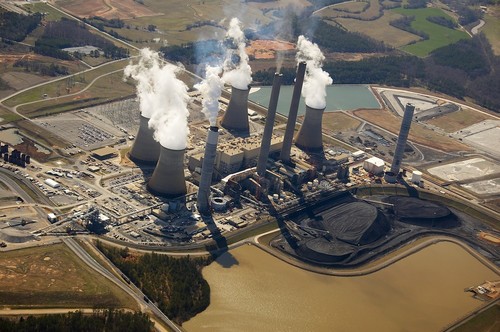Ever heard of solar panels or windmills shutting down due to heat? Me, neither. Nuclear plants, yes, such as Millstone unit 2 in Connecticut, closed for two weeks.
AP wrote today, Conn. nuclear plant unit reopens with cooler water
Connecticut's nuclear power plant has returned to full service
nearly two weeks after one of its two units was forced to shut down because seawater used to cool it down was too warm.
Millstone Power Station spokesman Ken Holt said Monday that Unit 2 returned to 100 percent power Saturday. It shuttered Aug. 12 after record heat in July contributed to overheated water from Long Island Sound.
Water is used to cool key components of the plant and is discharged back into the sound. The water's temperature was averaging 1.7 degrees above the 75-degree limit.
The temperature has since dropped to 72 degrees, Holt said.
"The water temperature cooled sufficiently to support operations and that, combined with the weather forecast, has given us the confidence to restart," he said.
Wait, wasn't the whole point of big distributed baseload power plants supposed to be reliable dependable power?
Millstone provides half of all power in Connecticut and 12 percent in New England.
Some scientists believe the partial Millstone shutdown was the first involving a nuclear plant pulling water from an open body of water. A few nuclear plants that draw water from inland sources have powered down because of excessively warm water.
Time to think again! Distributed solar and wind power doesn't have this problem, and a smart grid can get their power where it's needed.
-jsq
.jpg)





 for
for 











